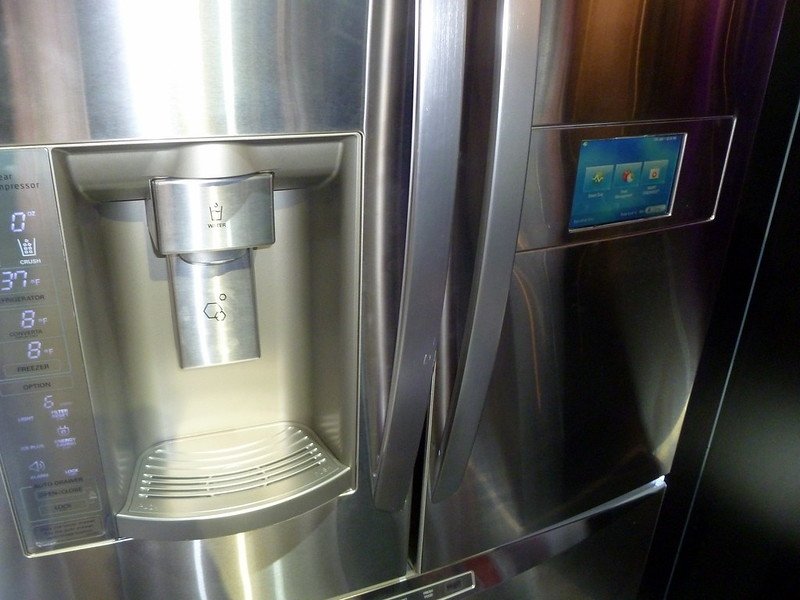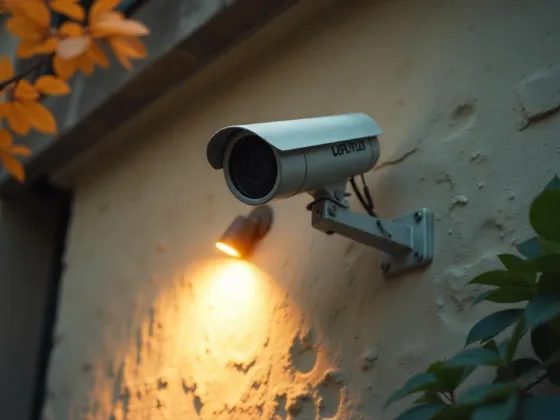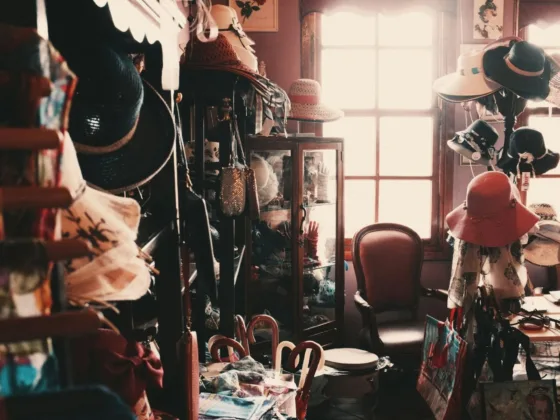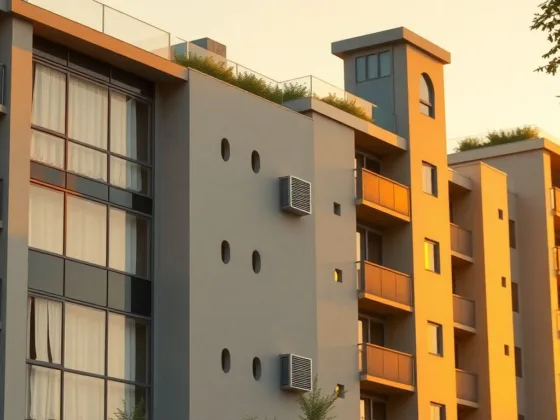Table of Contents Show
Anticon Insulation is a foil-faced insulation blanket intended primarily for temperature and noise management in metal-roofed houses and buildings. A glass wool blanket is bonded to an impermeable reflective foil front.
This decreases the amount of radiant heat entering a house during the summer and prevents condensation in the winter.

Having Anticon Installation under your metal roof may also help to reduce up to 13dB of unwanted noise caused by heavy rain and other factors. Continue reading to discover more about Anticon installation.
What Is Anticon Insulation Made Of?
Anticon insulation is made up of two parts—a golden-colored glass wool blanket and a reflective foil facing.
The golden glass wool is composed of 65 percent recycled glass. This material is then melted, spun, and bonded together into fine wool-like fibers using a thermosetting resin. Moreover, it is manufactured in Australia with the latest biosoluble formula.
Read Also:
Where Can Anticon Insulation Be Used?
Anticon installation is intended to offer effective thermal insulation and condensation management beneath the metal deck, fiber cement, and concrete roofs in residential and commercial settings. This product’s name, “Anticon,” indicates its anti-condensation action.
Anticon was developed to offer better thermal insulation, noise reduction, and condensation management for metal roofs by combining glass wool and reflective insulation into a single product.
Anticon is meant to minimize rain and airplane noise and may also significantly reduce building reverberation.
Typical applications of Anticon include:
- Under concrete pavers in parking garages
- Residential metal-coated roofs
- Metal-clad and fiber cement roofs for commercial and industrial buildings, such as offices, retail malls, and warehouses.
Features and Advantages of Anticon Insulation
The following are the characteristics and advantages of Anticon Insulation:
- Keeps houses and buildings cooler in the summer and avoids heat loss in the winter.
- Reduces rain noise and effectively controls condensation.
- Reduces overall building energy consumption
- Custom lengths may be cut to decrease waste and installation time.
- To fulfill the BCA Energy Efficiency Provision, a variety of thicknesses are available.
- The formulation is biosoluble.
- It lowers glasshouse gas emissions.
- Environmentally friendly
Risks Of Not Having Anticon Insulation
Water Leaking In your Attic or Roof
Poor insulation allows water or moisture to enter your home, which is potentially a safety hazard.
Mould Growth
Mould can enter your home through openings such as windows, doorways, and your heating, ventilation, and air conditioning (HVAC) systems. It can also be carried inside your home through your clothing and pets.
Mould will grow once mold spores drop into damp areas in the house, especially in places that have leaks or where there has been flooding.
Destruction of Your Pipes
With enough insulation, we do not have to feel the need to turn up and keep the heat during the winter season to avoid frozen pipes.
Frozen pipes will consequently burst because when water solidifies inside as ice, it blocks your pipe and creates more pressure between the ice blockage and the closed faucet. Frozen pipes also produce condensation, and as a result, your pipes will start to corrode.
Vulnerable Health
There are people who may have allergic reactions to molds when they have contact with or have inhaled them. It can cause difficulty breathing, asthma, sneezing, coughing, and even eczema.
When winter brings extremely cold temperatures and cold air seeps inside your home, it can inflame your lungs and inhibit blood circulation. Therefore, it increases the chances of respiratory conditions and cardiovascular diseases.
More Money Wasted
Imagine that if all the risks mentioned above happen to your home, you have to keep up with the costs for a fix or maintenance. Overlooked safety concerns will endanger your family’s health, and medical bills will come knocking.
Having no insulation makes your HVAC system overworked, as a result, your energy bill increases significantly. Getting an Anticon insulation system will cost you money, but it will be a long-term investment, and it is a bang for the buck deal!
How Does Anticon Insulation Work?
It is positioned and installed below the roof itself, where the glass wool blanket is in contact with the metal deck, and the foil facing touches the battens.
The glass wool blanket acts as a heat insulator by slowing down the heat from entering and leaving your home, maintaining the temperature inside.
Furthermore, it acts as a soundproofing material by absorbing outside noise, such as that produced by airplanes, cars, and rain. Aside from that, it also slows the transfer.
The foil facing acts as a barricade that reduces the heat from entering the roof by up to 97 percent and provides vapor control.
Conclusion
Anticon insulation is important not only for the health of your estate but also for the prosperity of you and your family. If you’re constructing a new house or renovating with a new metal roof, consider Anticon to boost your comfort and protect your property.
Your new metal roof is not only aesthetically pleasing; it also protects you from the elements and is an integral part of your construction structure.
Include extra roof insulation to minimize the chance of condensation, boost your roof’s acoustic and thermal properties, and improve fire resistance to get the most out of your new metal roof.









